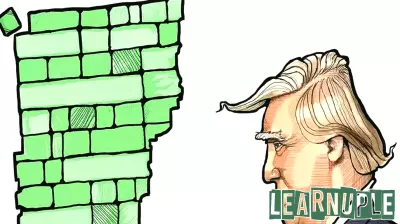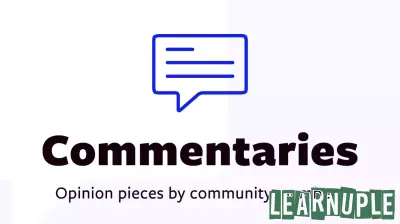April 7, 2025 - 17:09

Andrew Handel recently discussed the implications of the Trump administration's initiative to transfer education authority from the federal government to individual states. This movement aims to empower states to tailor their educational policies and standards according to local needs, potentially leading to significant changes in public school systems across the country.
Handel emphasized that such a shift could foster innovation in educational practices, allowing states to experiment with different teaching methods, curricula, and funding models. By decentralizing education, states may have the flexibility to address unique challenges faced by their communities, ultimately enhancing the quality of education.
However, this transition also raises concerns about equity and access. Critics argue that states with fewer resources might struggle to provide adequate educational opportunities, potentially widening the gap between affluent and underprivileged districts. As states navigate this new landscape, the balance between local control and equitable education remains a critical topic of discussion among policymakers and educators alike.



